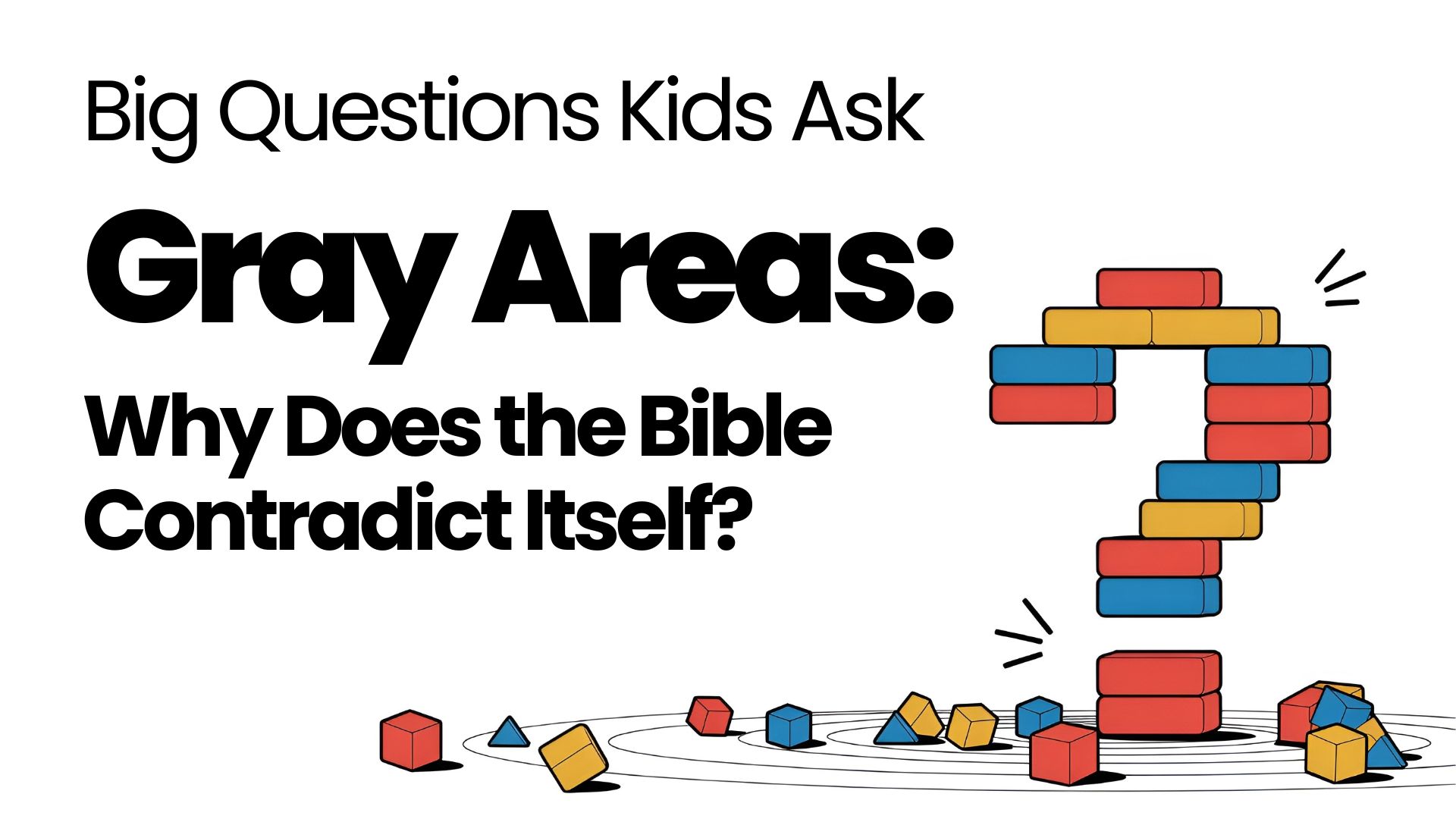Big Questions Kids Ask: Gray Areas – Why Does the Bible Contradict Itself?
This Sunday, we continue our back-to-school worship series, Big Questions Kids Ask! Have you ever wondered why the Bible sometimes says “don’t do this” in one place, but then says “it’s okay” in another? We received this thoughtful question from one of our very own kids here at St. Stephen. Life is full of “gray areas” and seeming conundrums and contradictions, but we can learn to handle them with wisdom, love, and grace. Together, we explore the difference between essential beliefs and matters of personal conviction and why Paul said “knowledge puffs up, but love builds up.”
Sermon Reflections:
- What are some “gray areas” in your own faith journey where you’ve had to distinguish between personal conviction and essential Christian doctrine?
- Paul says “knowledge puffs up, but love builds up.” Can you think of a time when your knowledge or the desire to be “right” got in the way of showing love to someone who disagreed with you?
- Have you ever had to give up something that was permissible for you personally in order to avoid being a “stumbling block” to someone else’s faith? How did that feel?
- Using the Apostles’ Creed as a guide, what do you consider to be the “essentials” of Christian faith that require unity versus the “non-essentials” that allow for liberty?
- Think about a fellow Christian with whom you significantly disagree on a non-essential issue. How can you better show them love and respect while maintaining your own convictions?
- What are some contemporary issues in the church (technology use, worship styles, social issues) where you see Christians struggling to navigate gray areas? How might Paul’s teaching apply?


